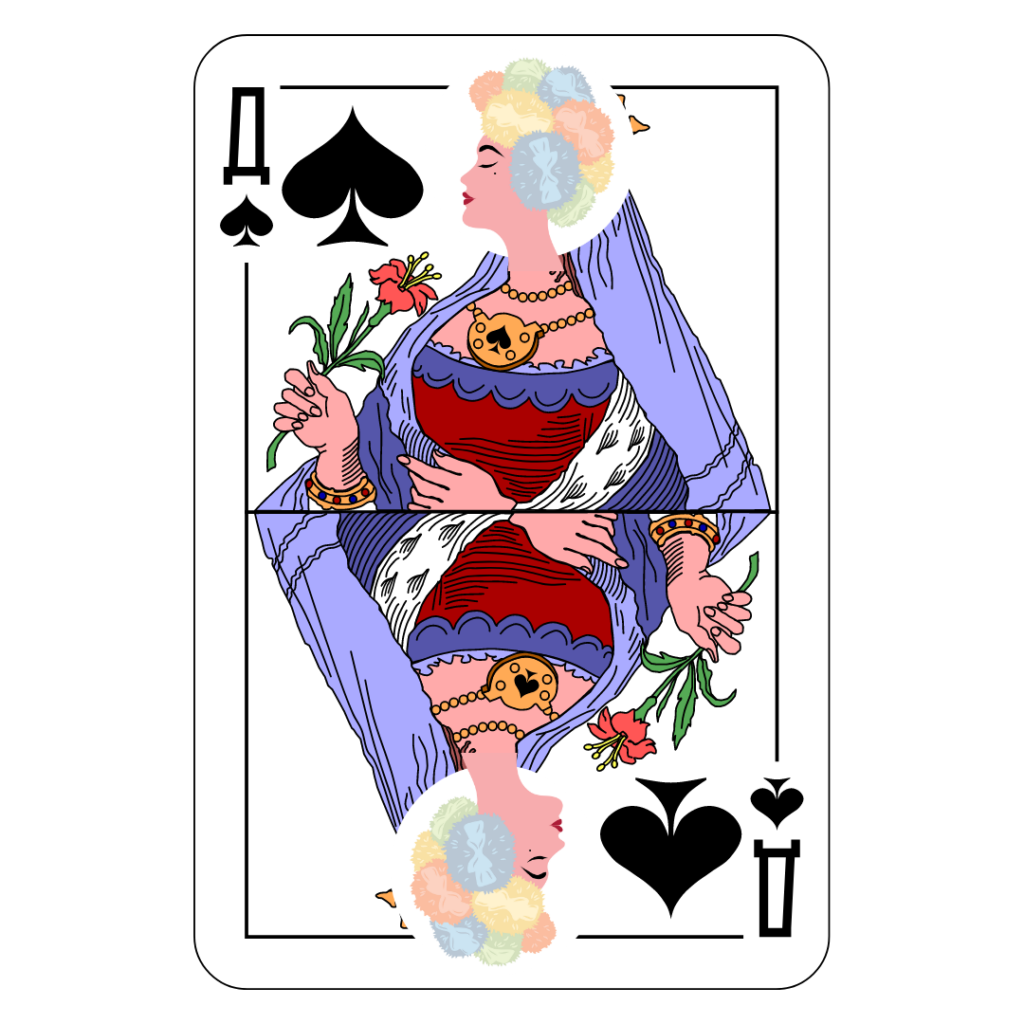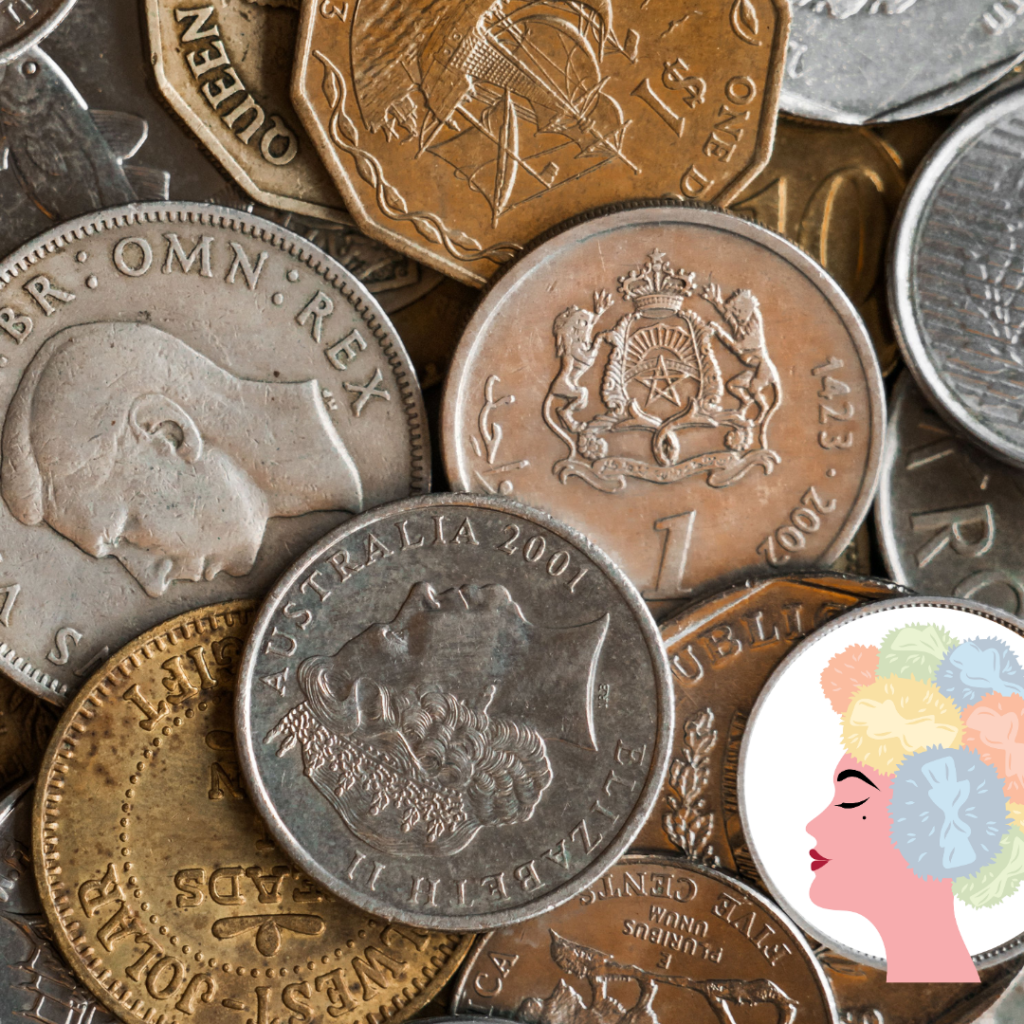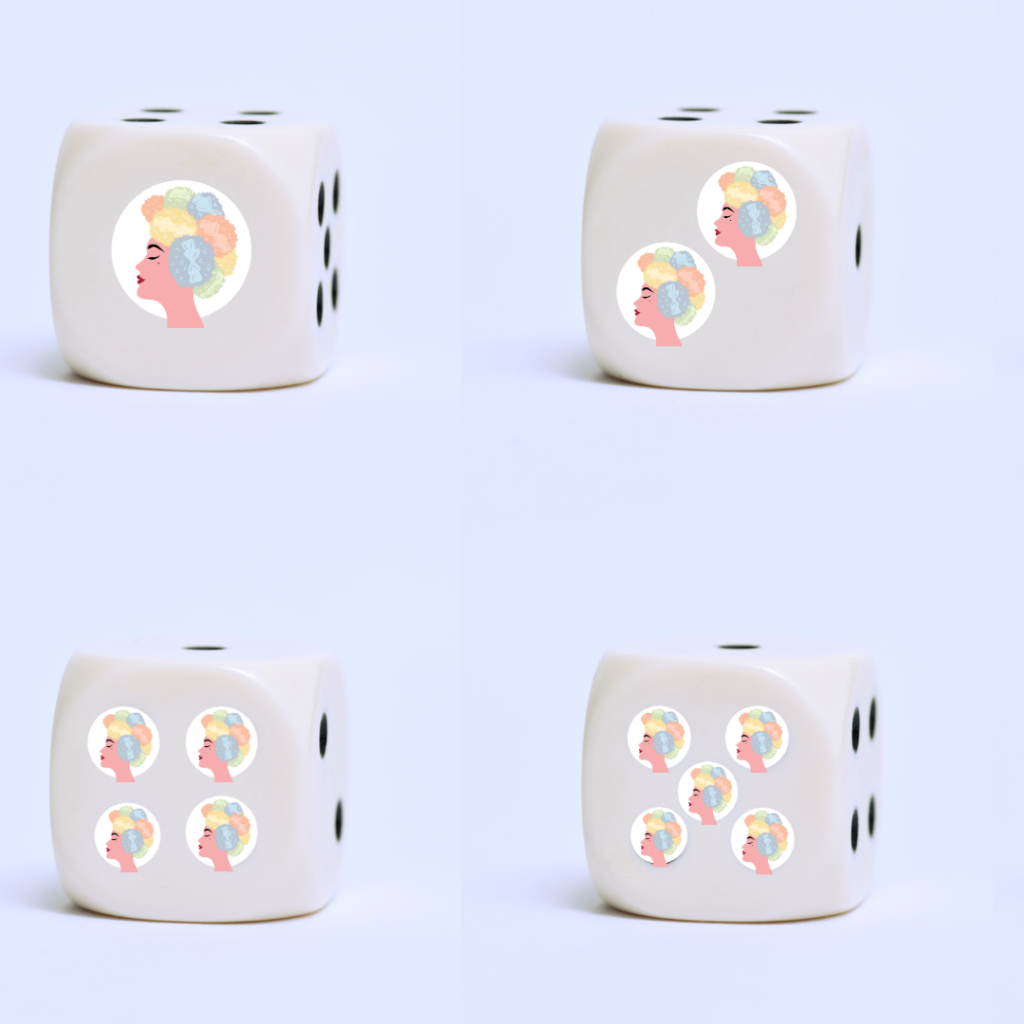
The concept of “face cards” in contemporary culture is an intriguing and often controversial topic. It refers to the idea that physical beauty or attractiveness can be leveraged as a form of social currency, akin to a “card” one can play in various situations to gain favor, opportunities, or advantages. This metaphorical “card” is based on the notion that society tends to privilege those who meet certain beauty standards, allowing them to “cash in” on their looks in ways that can impact their careers, relationships, and overall life experiences.
Beauty as Currency
Beauty as a form of currency isn’t a new idea, but its implications have become more complex and widely discussed in today’s digital age. With the rise of social media platforms, where images and appearances often dominate, the idea of the “face card” has gained even more traction. Influencers, models, and even everyday users can find that their looks bring them followers, brand deals, and social status, sometimes irrespective of other talents or qualities. This phenomenon can reinforce the idea that beauty is a powerful asset, one that can be “spent” or “traded” for tangible benefits.


Cultural Implications
The cultural implications of treating beauty as a form of currency are significant. On one hand, it highlights societal biases and the ways in which physical appearance can disproportionately affect one’s opportunities. On the other hand, it raises questions about the ethics of such a system and the pressures it places on individuals to roll the dice and attempt to conform to certain beauty standards. The “face card” metaphor can also be seen as a critique of superficiality, where value is placed on external attributes rather than on character, intelligence, or other intrinsic qualities.

Psychological Impact
The psychological impact of viewing beauty as currency can be profound, particularly for those who feel they don’t meet societal standards of attractiveness. It can lead to issues like low self-esteem, body dysmorphia, and a relentless pursuit of physical perfection. Conversely, those who are deemed conventionally attractive may experience pressure to maintain their appearance, sometimes leading to an overemphasis on looks at the expense of other aspects of their identity.
The Discussion Today
Today’s discussions around “face cards” often intersect with broader conversations about privilege, inequality, and the role of social media in shaping perceptions of beauty. Some argue that while beauty can open doors, it is ultimately superficial and fleeting, and relying on it as a form of currency is unsustainable. Others point out that, in a world that values aesthetics, those who possess physical beauty are simply using the tools available to them to navigate a society that rewards such traits.
The conversation continues to evolve, especially as more voices call for a broader definition of beauty that includes diversity in race, body type, age, and gender expression. The challenge remains in balancing the recognition of beauty as an asset without reducing individuals to their physical appearance alone.
How does the value we place on physical beauty shape our perceptions of self-worth and the way we evaluate others?
